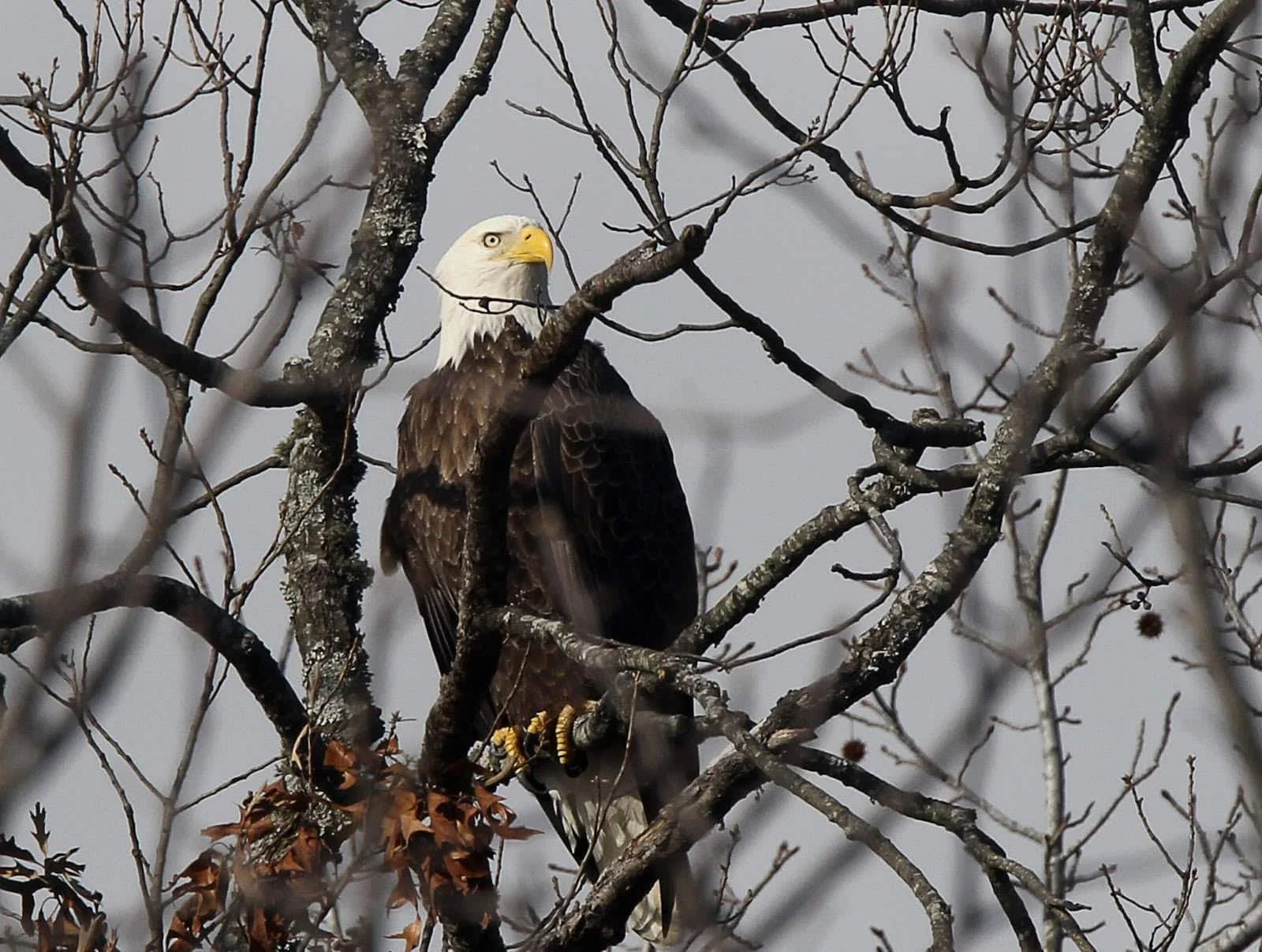WASHINGTON––U.S. Senator John Boozman (R-AR) joined Senators Patty Murray (D-WA) and Thom Tillis (R-NC) to introduce the Purple Heart Veterans Education Act, legislation allowing veterans who received their Purple Heart after their service to transfer their educational benefits to one or more of their dependents
“I’m proud to support policies that honor the promises made to the brave men and women who have worn our nation’s uniform,” said Boozman. “Ensuring that veterans, and especially Purple Heart recipients, are able to access the benefits they have earned for themselves and their families is a duty that Congress should always prioritize.”
“Purple Heart veterans have made tremendous sacrifices to defend our freedoms, and we as a nation should do everything we can to support them and their families when they return—that includes ensuring all Purple Heart veterans have the full benefits they have earned,” said Murray. “As the daughter of a Purple Heart Veteran, this is personal to me—and I’m grateful to my colleagues on both sides of the aisle for joining me in this effort.”
“Purple Heart recipients are heroes who honorably served our country at great costs, and this oversight that prevents servicemembers who received this distinguished award after their service from transferring their GI bill benefits to their dependents needs to be corrected immediately,” said Tillis. “I am proud to co-introduce this commonsense legislation to close this loophole and ensure every Purple Heart recipient and dependents are able to further their education.”
Specifically, the Purple Heart Veterans Education Act would:
Permit an individual awarded the Purple Heart after their service in the Armed Forces to transfer their post-9/11 educational benefits to one or more of their dependents.
Allow flexibility by permitting the veteran to allocate different amounts, totaling 36 months of benefits, to their dependents. For example, one dependent may be designated 20 months and the other 16 months.
Protect the veteran’s right to their benefits by prohibiting the use of their educational benefits to be treated as marital property or the asset of a marital estate.
Honor the veteran’s legacy by allowing their dependents to continue using the unused benefits after their death.
The legislation is also cosponsored by Senators Rick Scott (R-FL), Angus King (I-ME), Jacky Rosen (D-NV), Steve Daines (R-MT), Ron Wyden (D-OR), John Cornyn (R-TX), Mark Kelly (D-AZ), Kevin Cramer (R-ND) and Michael Bennet (D-CO).
Congressmen Mike Levin (D-CA-49) and Greg Murphy (R-NC-03) introduced companion legislation in the U.S. House of Representatives.
The Purple Heart Veterans Education Act is endorsed by Disabled American Veterans (DAV), Iraq and Afghanistan Veterans of America (IAVA) and Veterans of Foreign Wars (VFW).
Click here for full text of the legislation.
























